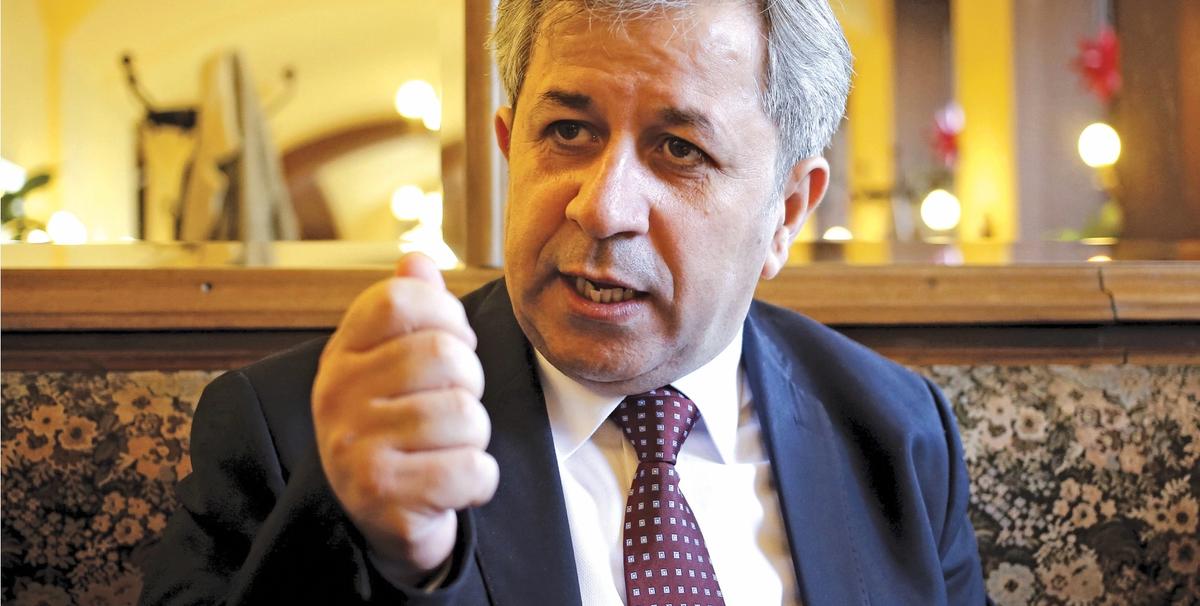Archaeologists are divided over how to help Syria protect its cultural heritage as a new attempt to end the civil war by negotiation begins. The split has been highlighted by a conference held in Damascus in December attended by foreign experts.
Some 12 international specialists took part in the event on 11 and 12 December, which was organised by Syria’s Directorate General of Antiquities and Museums (DGAM). One of them was Stefan Simon, the director of Yale University’s global cultural heritage initiatives. “You have to distinguish between the government and the state board of antiquities,” he said. Working closely with organisations like DGAM is “a key element of sustainability” in the fight to protect cultural heritage. “I think that colleagues working in these [government] offices of cultural heritage preservation deserve whatever support we can give them.”
Others take a different view. In an open letter published in December, Marc Lebeau of the European Centre for Upper Mesopotamian Studies in Brussels, strongly denounced those attending the Syrian conference, expressing “dismay and bewilderment” that specialists were willing to “lend their prestige and professional affiliations in support of this violent regime”.
Cheikhmous Ali, the director of the Strasbourg-based Association for the Protection of Syrian Archaeology, is one of seven scholars who signed Lebeau’s letter. He describes archaeologists who attended the conference in Damascus as hoping to “benefit from government favours and to position themselves as the privileged interlocutors with international institutions when the time comes for reconstruction and restoration”.
Maamoun Abdulkarim, the director-general of DGAM, says that the organisation has never taken political sides. “We have continued to pay salaries for our 2,500 employees, even in zones occupied by the opposition, in order to assure our mission to protect cultural heritage, and without ever inquiring about the political opinions of our employees,” he told our sister newspaper, Le Journal des Arts. He stressed this point again when he spoke about his role last month at a colloquium on combating crimes against cultural property in Strasbourg at the Council of Europe, which is drafting a new Convention on Offences related to Cultural Property.
Giorgio Buccellati, a professor emeritus in the Department of Near Eastern Languages and Cultures and the Department of History at the University of California, Los Angeles, presented a paper at the conference in Damascus. He told The Art Newspaper that Syrian colleagues “freely expressed” their differing political opinions to him during the event.
It is not only individuals who are advocating a boycott of DGAM; the organisation has been shunned by some international institutions and cultural heritage groups. DGAM was not invited to attend another conference on the protection of cultural heritage during armed conflict, which was organised by France and the United Arab Emirates and held in Abu Dhabi on 2 and 3 December.
Abdulkarim told Le Journal des Arts he was disappointed to be excluded, but also heartened that the event demonstrated strong international interest in the protection of cultural heritage.
“The DGAM was not invited for political reasons and I understand: France has decided to sever all diplomatic relations with Syria,” he said by telephone from Damascus. “I regret, however, that political measures have repercussions on the cultural relations between our two countries, despite the links forged throughout history and I am astonished that a colloquium in which Syrian heritage holds such an important place could take place without the country concerned, and those who are fighting on the ground to save it.”


